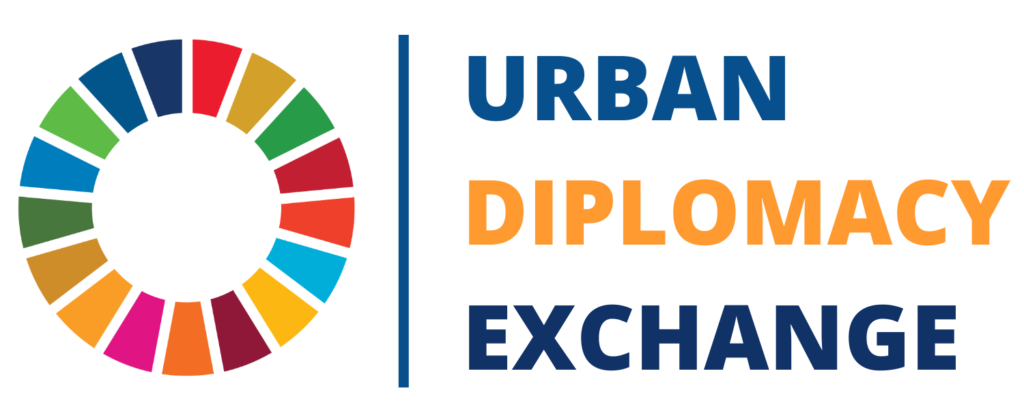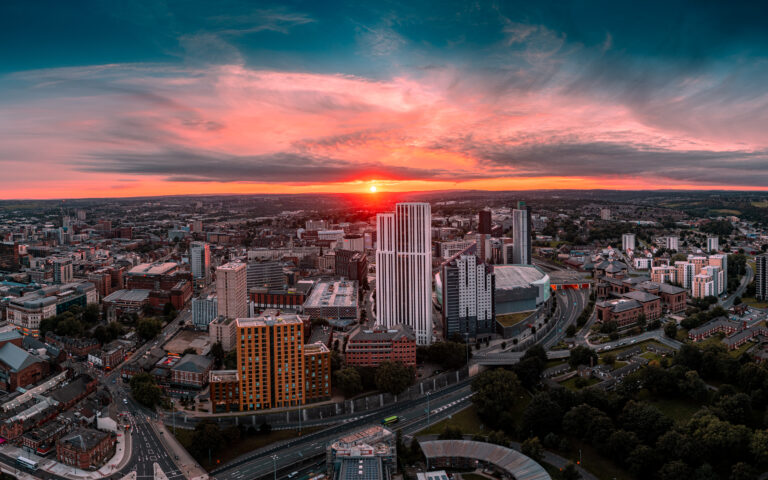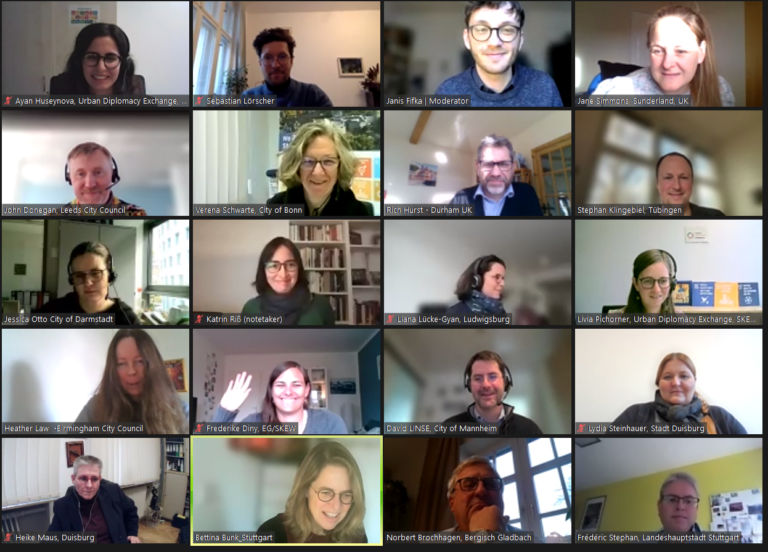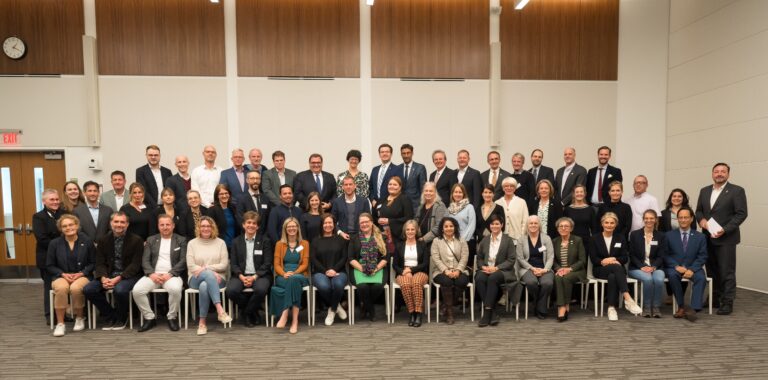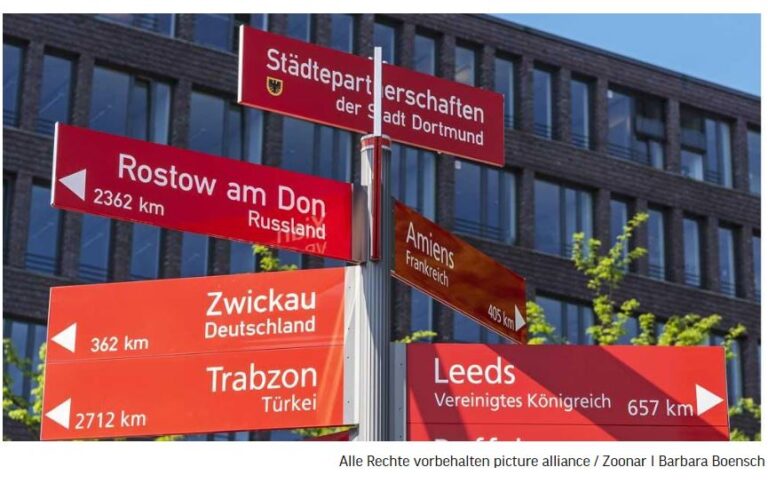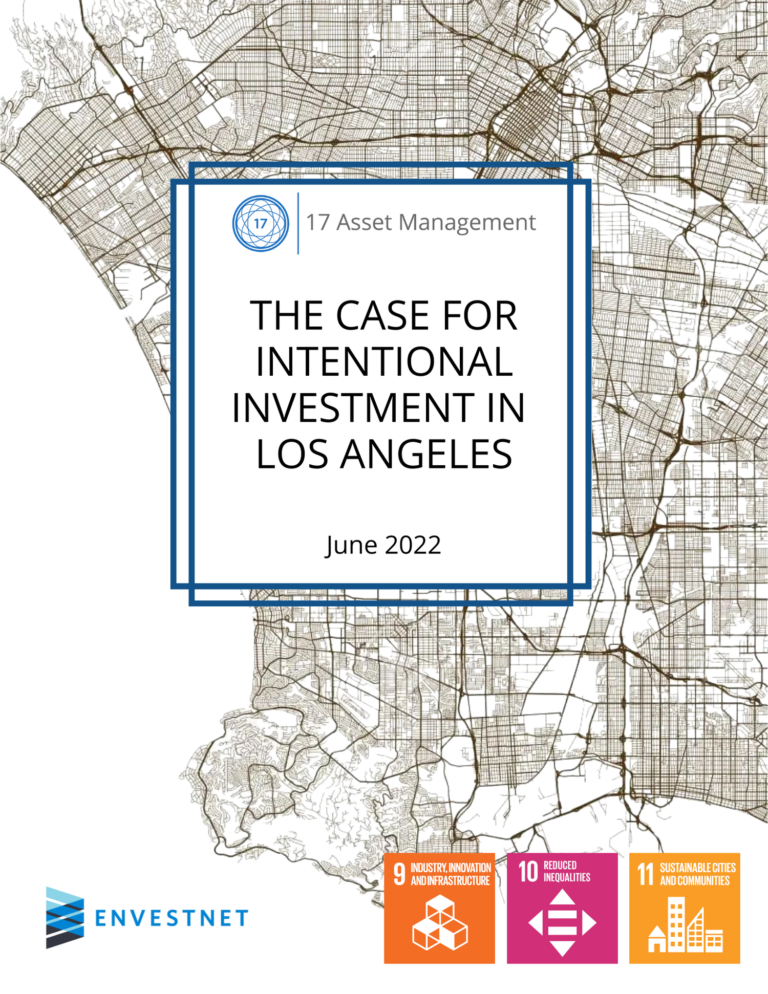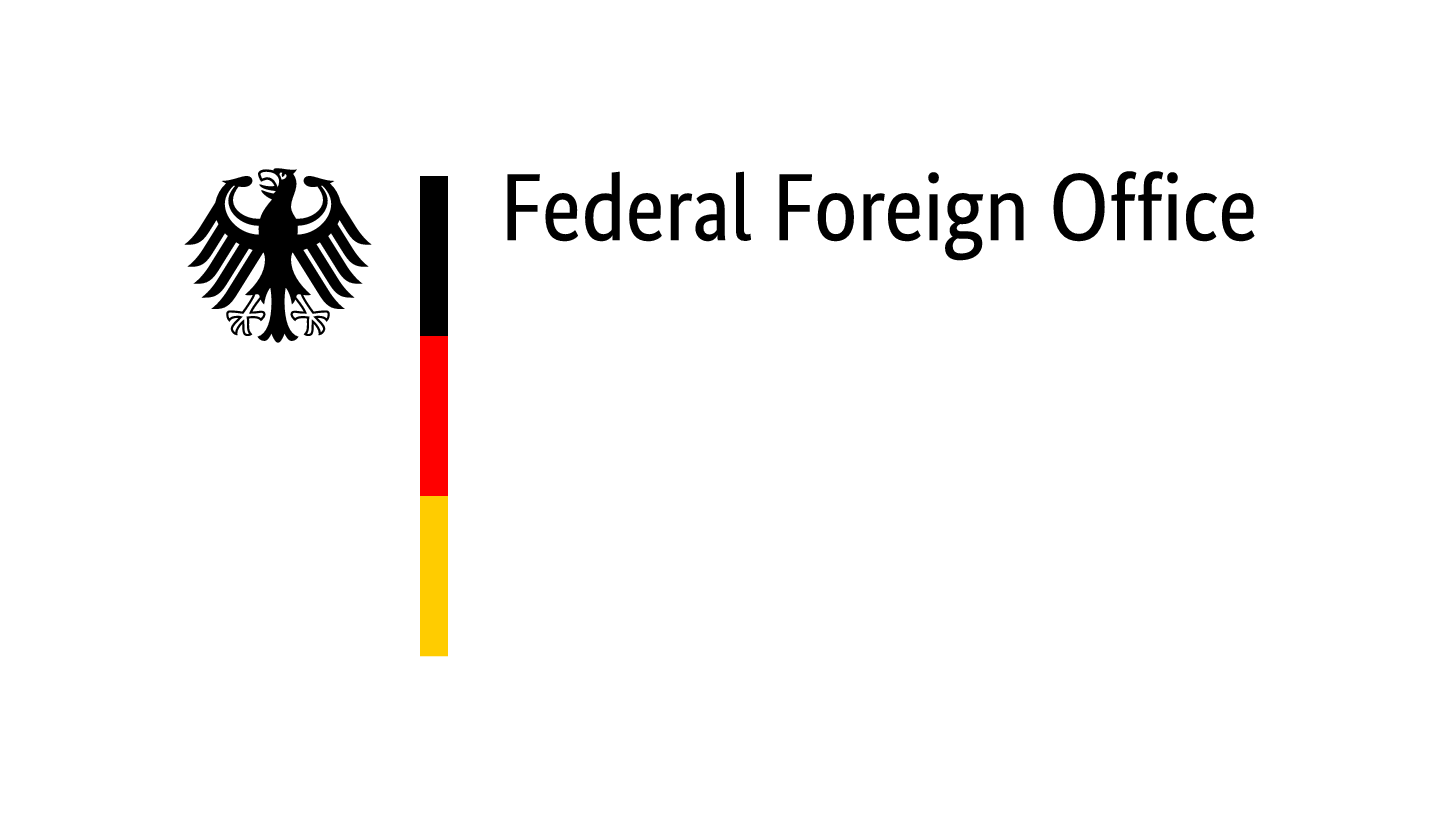The emergence of the COVID-19 pandemic in 2020 created a temporary crisis of confidence in the future of cities. However, there is a broad consensus that urbanization remains a strong megatrend of the twenty-first century and that well-planned cities are central to sustainable development. There is some confidence that the crisis offers us an opportunity to rebuild differently, more inclusively, greener and safer.
The World Cities Report 2022: Envisaging the Future of Cities aims to provide greater clarity and insight into the future of cities based on existing trends, challenges and opportunities, and disruptive conditions, including the valuable lessons learned from the COVID-19 pandemic, and to provide directions , how cities can better prepare for a variety of shocks and the transition to a sustainable urban future. The report proposes a state of informed readiness that gives us the opportunity to anticipate change, correct course and gain more knowledge about the different scenarios or possibilities that the future of cities offers.
Building economic, social and environmental resilience, including appropriate governance and institutional structures, must be at the heart of the future of cities. Economic resilience with new frameworks for fiscal sustainability, societal resilience with universal social protection systems, climate resilience with greener investments, and stronger multi-level cooperation to face future shocks - these are the key elements of a resilient future that can withstand the various threats and shocks withstand and respond to urban areas.
The report outlines three possible scenarios for the future of cities: a high-damage scenario, a pessimistic one, and an optimistic one. To avoid the high-damage scenario and manifest an optimistic urban future, cooperative, well-coordinated, and effective multilateral interventions are required. Responding to the current urban crisis can lead to a collective reprioritization of cities around the world toward shared prosperity and inclusion.
The report shows that the path to a sustainable urban future is driven by inclusive and transformative policies to eradicate poverty and inequality, create an urban economy that offers opportunities for all, generate greener investments for sustainable patterns of consumption and production to engage in responsive urban and spatial planning, implement collaborative and integrated governance, prioritize public health, deploy inclusive innovation and technology, and build resilience across multiple dimensions. During the Decade of Action (2020-2030), cities and sub-national governments urgently need to adopt approaches that promote the optimistic scenario of the urban future. The localization and effective implementation of the New Urban Agenda serves as a framework for integrating the interrelated components that make up these pathways.
